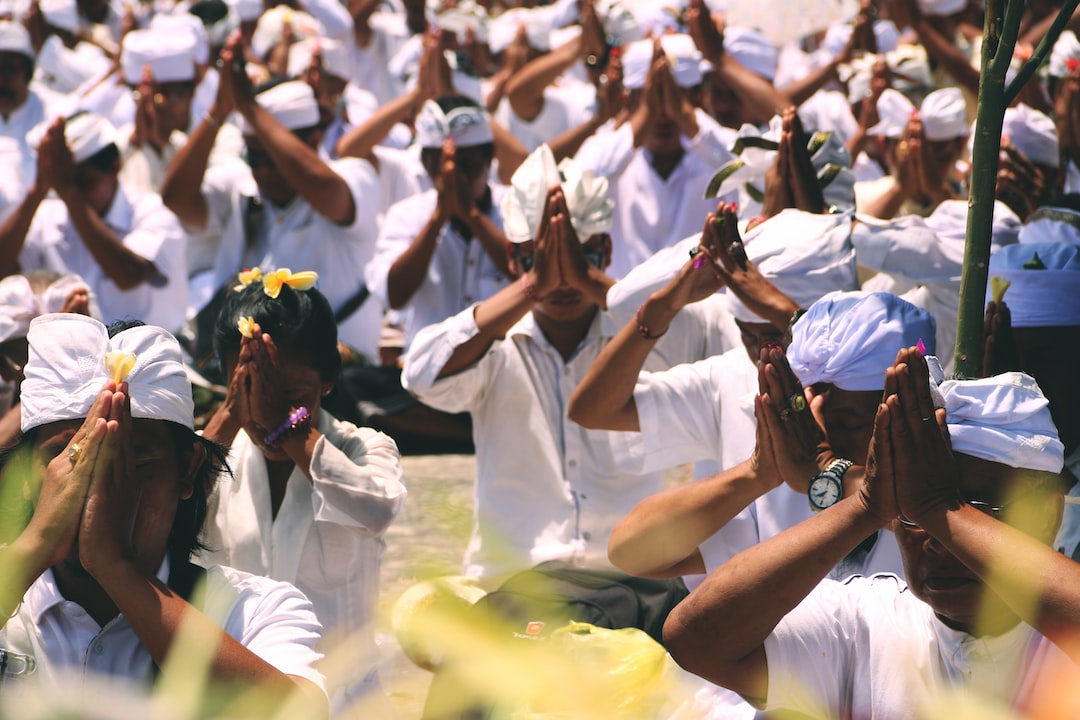Religion has always played a significant role in shaping political and social movements throughout history. Across different cultures and societies, religious beliefs and values have often been intertwined with political ideologies, motivating individuals and groups to actively engage in various movements. This dynamic relationship between religion and politics can have both positive and negative implications, as it can inspire individuals to seek social justice and change, but it can also lead to conflicts and divisions.
One way in which religion influences political and social movements is through moral and ethical perspectives. Religious scriptures often provide guidance on how individuals should interact with one another, emphasizing concepts such as compassion, justice, and equality. These teachings can shape people’s worldview and influence their political ideologies. For instance, religious organizations and individuals often advocate for social welfare policies, emphasizing the importance of caring for the less fortunate and marginalized members of society. In this way, religion can inspire political movements that aim to address societal inequalities.
Religion can also serve as a powerful motivator for collective action. The sense of community and belonging that religious groups provide can encourage individuals to join political and social movements. Religious leaders often play a vital role in mobilizing their followers to engage in various causes. For instance, during the civil rights movement in the United States, many religious leaders played a significant role in advocating for racial equality and justice. Their influence not only guided their congregations but also inspired broader societal change.
However, the relationship between religion and politics is not always positive. In some cases, religious beliefs can be used to justify discrimination, intolerance, and even violence. Radical extremist groups have exploited religious ideologies to promote their political agendas, leading to social and political instability. Additionally, when religion becomes entwined with political power, it can hinder the progress of democratic values and human rights. This blurring of boundaries between religion and politics can threaten the principles of separation of church and state and limit individual freedoms.
In conclusion, religion plays a pivotal role in shaping political and social movements. It can inspire individuals to seek justice, promote social change, and address inequalities. Religious beliefs and values often guide individuals’ moral and ethical perspectives and provide a strong basis for advocating for social welfare policies. However, religion can also be exploited to justify discrimination and violence, and when religion becomes too intertwined with political power, it can restrict individual freedoms and undermine democratic values. It is crucial to recognize and navigate the complex relationship between religion and politics to ensure a fair and just society.

